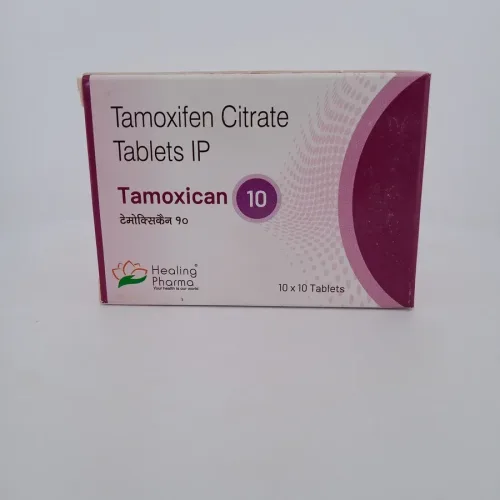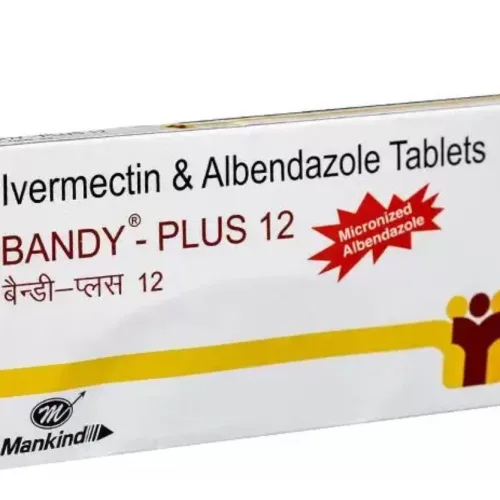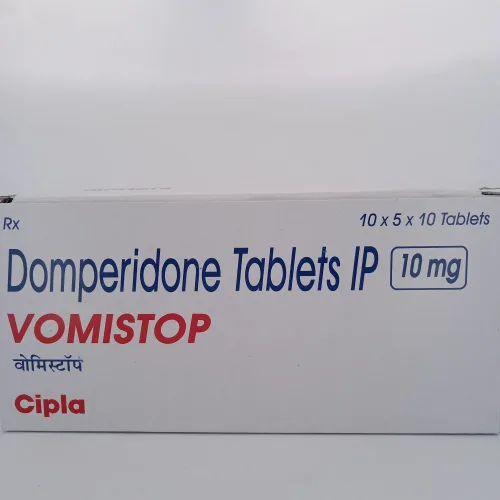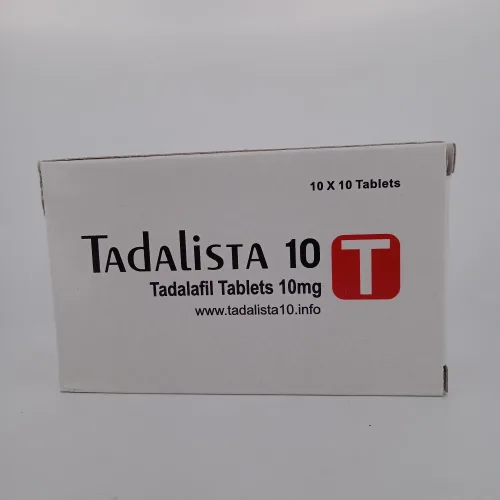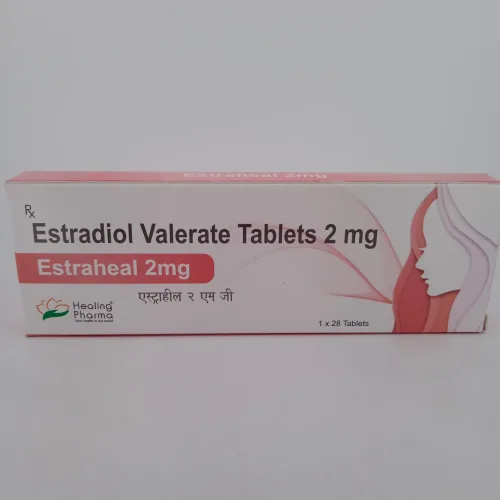we are committed to ensuring complete customer satisfaction.
Welcome to the new AIPCTSHOP! Better design, smoother checkout, and the same reliable delivery you trust.
USD $0.00
Cart TotalNo products in the cart.
Exclusive Products
USD $35.00 Original price was: USD $35.00.USD $31.50Current price is: USD $31.50.Add to cart
Vomistop 10 mg – 500 pill
Navigating the topic of sexual health with teens can be challenging but is essential for their well-being. Open, honest conversations help teenagers make informed choices and feel supported as they grow. Here’s a guide for parents on what to know and how to discuss sexual health with their teens. As always, consult a medical professional for personalized guidance on health-related topics.
Foster Open Communication
Encourage open, honest conversations about sexual health without judgment. Teens are more likely to ask questions or share concerns when they feel supported. This approach helps them make informed decisions and builds a foundation of trust between parents and children.
Discuss the Importance of Consent
Teach teens that consent is mandatory and should always be enthusiastic and mutual. Emphasizing the need for clear, ongoing communication in relationships helps teens understand their rights and responsibilities, setting the stage for respectful, safe interactions.
Educate About Safe Sex Practices
Explain the use of condoms and other contraceptives to prevent STIs and unplanned pregnancies. Providing factual, practical information helps teens understand the importance of protection and makes them more likely to engage in responsible sexual behaviour.
Highlight Emotional Readiness
Sexual experiences can have emotional consequences. Discussing the importance of emotional readiness helps teens think critically about their choices. Emphasize that it’s okay to wait and that their feelings and comfort matter just as much as the physical aspects of a relationship.
Address Online Influences
Social media and online content can impact teens’ understanding of sex and relationships. Talk about the unrealistic portrayals they may encounter and encourage critical thinking. Helping teens recognize and question harmful messages fosters healthier attitudes toward body image and intimacy.
Focus on Fresh, Unprocessed Foods
A whole foods diet emphasizes fresh fruits, vegetables, lean proteins, and whole grains. Eating these foods provides essential nutrients without added sugars or preservatives, supporting better energy levels, digestion, and overall health. It’s a sustainable approach to long-term wellness.
Rich in Nutrients and Antioxidants
Whole foods are packed with vitamins, minerals, and antioxidants that protect against inflammation and chronic diseases. Consuming a variety of colourful fruits and vegetables supports the immune system and enhances cellular repair, contributing to a healthier body and mind.
Supports Weight Management
Whole foods are nutrient-dense and lower in empty calories, helping to manage weight naturally. Foods high in fibre, like vegetables and whole grains, keep you feeling full longer and reduce overeating, making it easier to maintain a healthy weight.
Improves Heart Health
A diet rich in whole foods, such as nuts, seeds, and leafy greens, supports cardiovascular health by lowering cholesterol and blood pressure. The absence of trans fats and excess sodium in a whole foods diet reduces the risk of heart disease.
Reduces Risk of Chronic Illnesses
Whole foods, like berries, legumes, and fatty fish, contain anti-inflammatory compounds that reduce the risk of diseases like diabetes and cancer. By nourishing your body with natural ingredients, you’re better equipped to prevent illness and maintain long-term health.
Conclusion
Talking to your teen about sexual health is an ongoing process, not a one-time conversation. By fostering open, honest communication, you empower your teen to make informed, healthy choices. Your support and guidance can make a lasting impact on their well-being.
Popular Post
Genetic Factors Behind Hair Loss
October 17, 2025
The Importance of Regular Sexual Checkups
October 21, 2025
Safe Sex Practices Everyone Should Know
October 21, 2025
Preventing Hair Thinning Naturally
October 17, 2025



